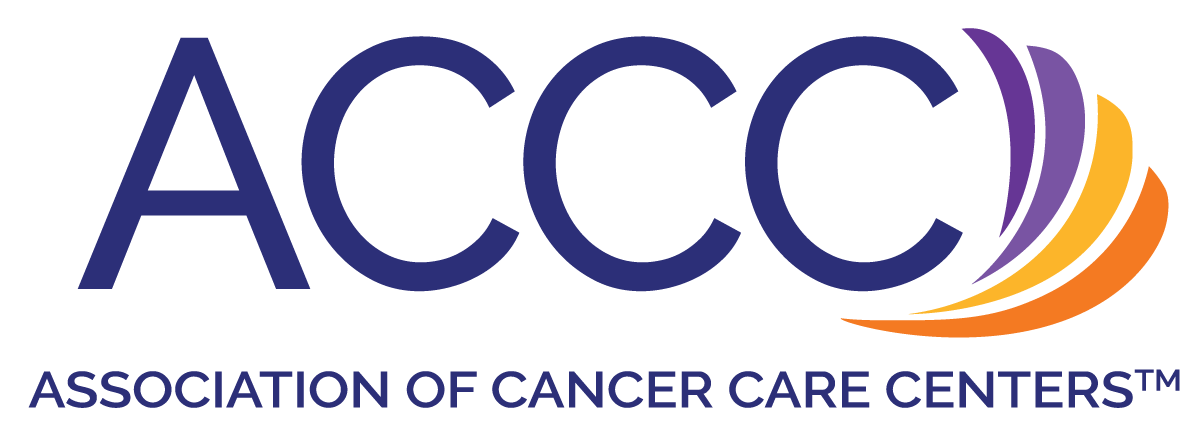
Discussing Currently Available Therapies for Patients With MPNs

Andrew Kuykendall, MD, discusses some of the recent changes there have been for patients with myeloproliferative neoplasms.
Andrew Kuykendall, MD, an assistant member at the H. Lee Moffitt Cancer Center of University of South Florida in Tampa, FL, discusses some of the recent changes there have been for patients with myeloproliferative neoplasms (MPNs).
The
In August 2019, the FDA approved fedratinib for the treatment of adult patients with intermediate-2 or high-risk primary or secondary myelofibrosis, including post-polycythemia vera or post-essential thrombocythemia myelofibrosis based on data from multiple studies.
Then in February 2022, pacritinib, an oral macrocyclic member of the JAK family, was granted an accelerated approval by the FDA for the treatment of myelofibrosis for patients with severe thrombocytopenia. The basis of pacritinib’s approval comes from results of the phase 3 PERSIST-1 (NCT01773187), the phase 3 PERSIST-2 (NCT02055781), and phase 2 dose-finding PAC203 trial.
Currently, investigators are evaluating treatment with momelotinib, which has previously shown clinically significant improvements vs danazol for patients with anemia and intermediate-risk or high-risk myelofibrosis in the phase 3 MOMENTUM (NCT04173494) study.
TRANSCRIPTION:
0:08 | Things with MPNs are changing relatively fast. Going back to November of [2021], we had the approval of ropeginterferon alfa-2b-nj for polycythemia vera, which was kind of the second approval we've had of a polycythemia vera medication, and certainly has transformed how we think about treating that disease with an idea of potential for disease modification. In February [2022], we had the accelerated approval of pacritinib for the treatment of myelofibrosis for patients that have severe thrombocytopenia. It was very exciting to get 2 drugs approved within the context of a year. Then, we have the continued enrollment of many phase 3 clinical trials that are potentially practice changing and may bring new therapeutic options to the table.



















